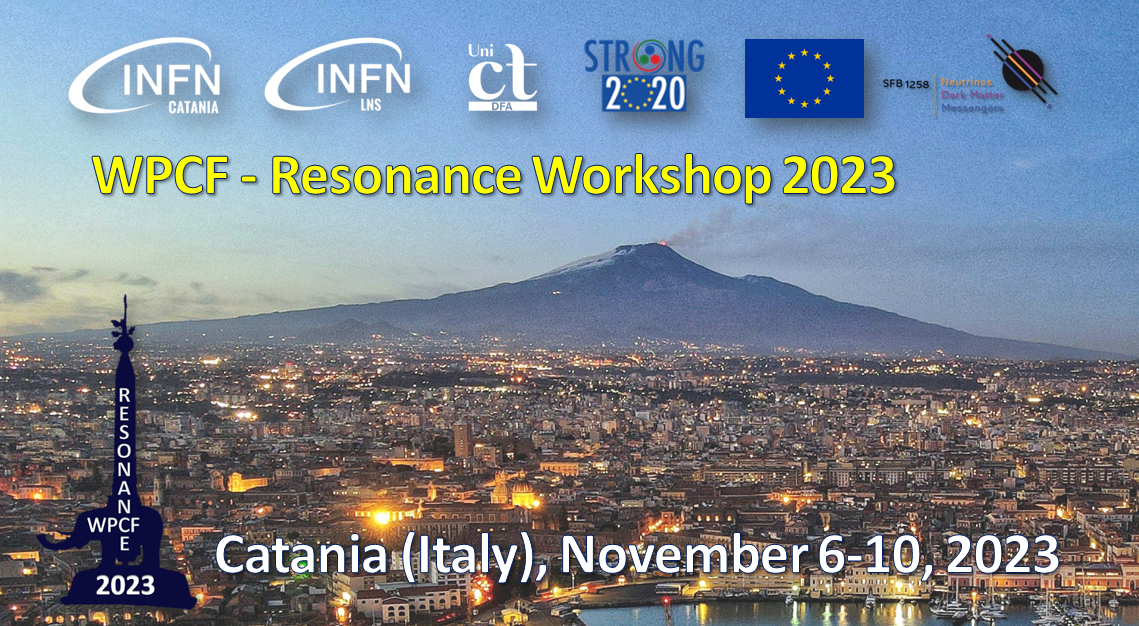Speaker
Description
We present the first studies of net-charge fluctuations and charge-balance functions using the broad rapidity coverage of the CMS experiment. These types of event-by-event fluctuations are a powerful tool to characterize the thermodynamic properties of the quark-gluon plasma (QGP). The net-charge of the system is a conserved quantity, meaning its fluctuations are sensitive to the QGP formation and phase transition. It therefore provides an understanding of strong interactions complementary to that from the charge balance function. Relative to past measurements which probed a limited phase space region, we extract fluctuations up to a pseudorapidity separation of $\Delta\eta$ = 4.8, and as such, significantly improving the sensitivity to test what has been theoretically predicted for the QGP formation. In turn, the width of the balance function, both in relative $|\eta|$ and relative azimuthal angle, is found to decrease with multiplicity for low particle transverse momentum ($p_\mathrm{T} < 2$ GeV /c). The effect is observed for both collision systems, and it is consistent with a late hadronization scenario, where particles are produced at a later stage during the system evolution. The multiplicity dependence is weaker for higher $p_\mathrm{T}$, which signifies that the balancing charge partners are strongly correlated compared to the low-$p_\mathrm{T}$ region. Model comparisons cannot reproduce the multiplicity dependence of the width in $\Delta\eta$. However, a model which incorporates collective effects can reproduce the narrowing of the width.

